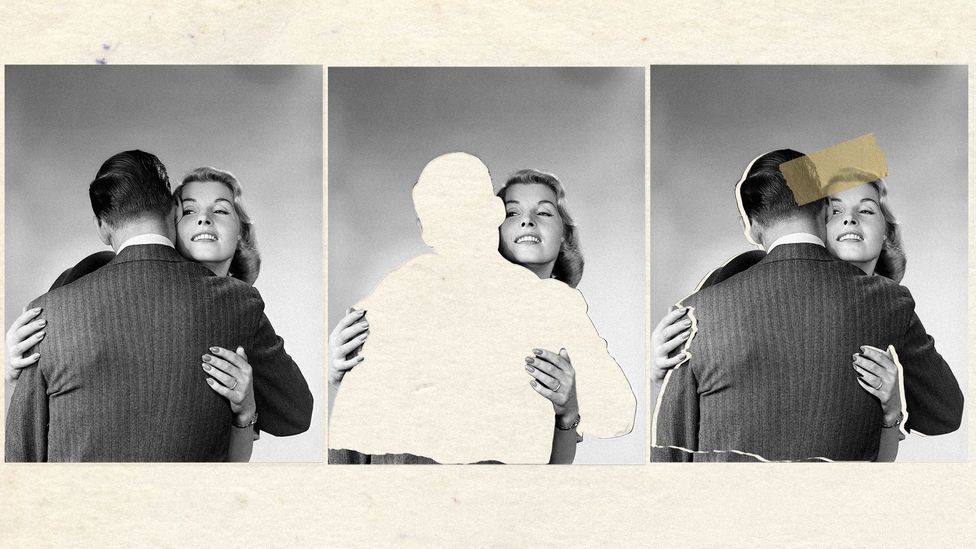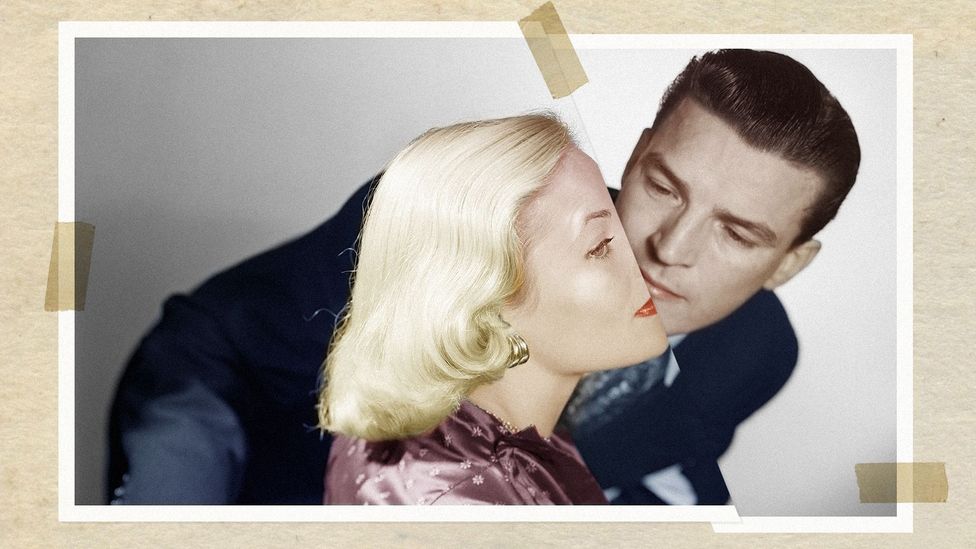Top Recent
Why So Many People Can't Forgive Their Exes?
5 years ago
Tears streamed down her face, as Yannes told George their relationship was no longer working out. Along the promenade, the 28-year-old from Hong Kong heaved a sigh of relief and slowly walked back home, with her heart broken.
Ad

Younger people might be more prone to on-again/ off-again relationships (Credit: Javier Hirschfeld/ Getty Images)
Fisher and a group of scientists put 15 people who were recently rejected by a romantic partner through a brain scan, using functional magnetic resonance imaging (fMRI). When they were told to look at the image of their former beloved, the areas in their brain associated with gains and losses, craving and emotion regulation were activated, as well as brain regions for romantic love and attachment.
After rejection, you don't stop loving that person; in fact, you can love that person even more – Helen Fisher
"After rejection, you don't stop loving that person; in fact, you can love that person even more. The major brain region associated with addiction is active," Fisher says.
Ad

Bad break-up behaviours have been around for a long time, but more recently they have been given their own terms, like ghosting (Credit: Javier Hirschfeld/ Getty Images)
"The couple might experience a lot of conflict [during] the break-up but still feel connected or love for their partner," says Dailey. "So it could be more about not being able to manage or resolve the conflict. If the break-ups are ambiguous, people might feel like they made positive changes to the relationship and try again."
Ad

People who fear being single report a stronger desire to get back with an ex (Credit: Javier Hirschfeld/ Getty Images)
Those with a stronger fear of being single report a greater longing for their ex-partners and a stronger desire to renew the relationship. This might also explain Yannes's behaviour in the current climate.
Ad
We tend to see past relationships in a rosier light than they necessarily were – Gail Saltz
"The invention of Facebook and other social media sites enable people to find old exes and bring them together," says Saltz. "We tend to see past relationships in a rosier light than they necessarily were and forget that people can change over time as well. Social media makes it harder to have closure and move on – stalking an ex's posts can be very unhealthy."
Ad

Keeping your distance after a break up might be a good thing regardless of whether you want to win them back (Credit: Javier Hirschfeld/ Alamy)
Among some popular ones, a "no-contact rule" (ranging from 30 days to 60 days, some even say infinitely), is a common tactic. This time is supposed to be used to work on self-development. Many suggest sending texts to their exes to remind them of the good times they had and show them how they have changed during this period.
Ad

One tip that so-called relationship coaches suggest is to try to improve your image the next time you meet your ex (Credit: Javier Hirschfeld/ Getty Images)
The psychologist adds that some even plagiarise others who have relevant training, but they are unable to fact-check the information they lift from others.
They can be more expensive than a good therapist, but you might be wasting your time and money buying their products – Berit Brogaard
Experts still have reservations about the industry, which has little to no regulations.
Ad

